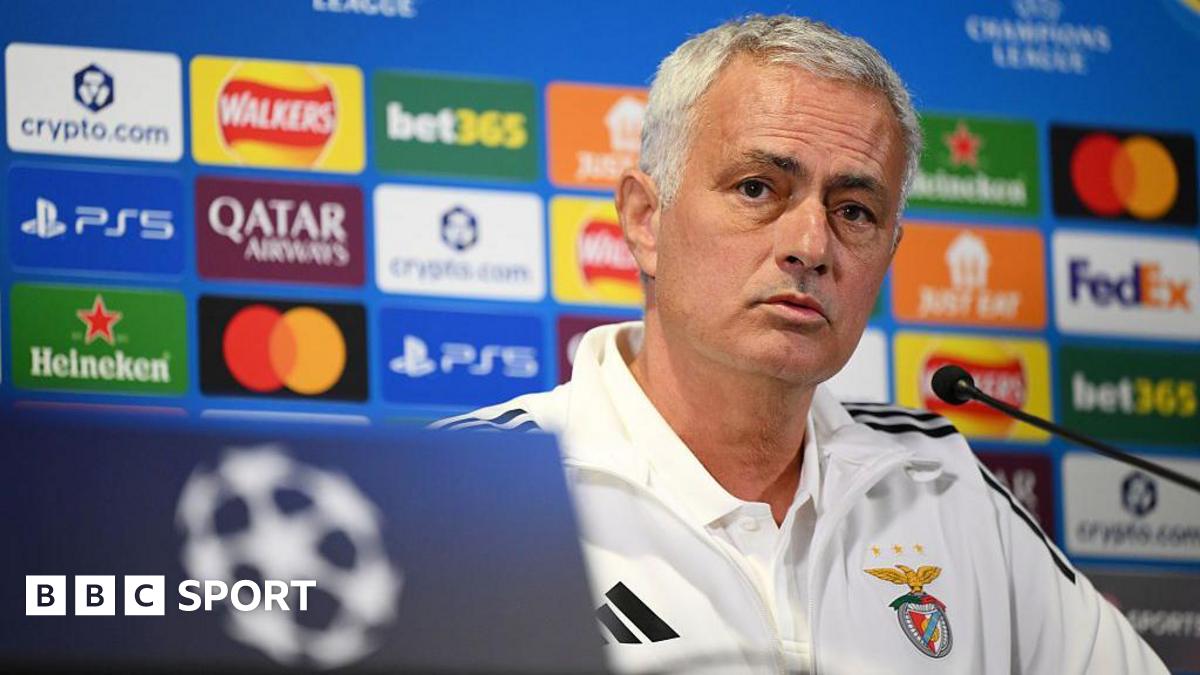Chris Woakes retires from international cricket after 15-year England career

It may stand, aptly, as a character reference for Woakes, the cricketer. He was a loyal — a one-club man, with Warwickshire — selfless, steadfast and committed player who made the most of his ability. His career coincided, though, with James Anderson, Stuart Broad and Ben Stokes, in whose shadows as a bowling all-rounder he often remained. In an era dominated by some players — add Joe Root to the aforementioned — who will go down as all-time greats, Woakes was among the best of the rest.That said, his average (23.87) with the Dukes ball in English conditions was better than both Anderson (24.41) and Broad (25.92). In helpful, home conditions, he was peerless, mixing a beautifully presented outswinger with an inswinger and, later on, a wobble-seam ball that would nip off the pitch dangerously. He was not quick, but quick enough, operating in the low 80mph range and able to bowl a sharp bouncer when required.Away from home, though, the Kookaburra became his kryptonite. Only 44 of his final tally of 192 Test wickets came abroad and, taking them at an average of 48.93, he never quite shook off the tag of someone who needed the comfort blanket of a Dukes ball, a fresh pitch and some cloud cover to be seen at his best. Whether he would have been considered for the forthcoming Ashes but for his shoulder injury is uncertain, but it is hard to see how, at 36 years old, he would have improved on this record had he been selected.It was in the Ashes, at the fag-end of the 2013 series, that he made his debut as a Test cricketer, having already made his ODI bow in 2011. In the same match, Simon Kerrigan, the left-arm spinner, also debuted and Kerrigan’s subsequent, contrasting journey (he did not play Test cricket again) highlights the uncertainty whenever a player is selected and the difficulties that often come with expectation, scrutiny and pressure. To play for so long, then, as Woakes did, representing England on more than 200 occasions in a generally successful era, is testament to his ability and temperament.As a result of that brief appearance in the 2013 series, he was an Ashes winner. He was also a double-World Cup winner, playing a central role in the transformation of England’s one-day fortunes under Eoin Morgan. In 2019, he was man of the match in the semi-final against Australia and then took three wickets and was the most economical England bowler in the pulsating final that followed against New Zealand. He added to that with a T20 World Cup medal three years later in Melbourne.Arguably, his biggest impact came in the 2023 Ashes. Along with Mark Wood, he returned to the team at Headingley, 2-0 down, and helped inspire a turnaround which would surely have ended in another Ashes victory but for two days of rain at Old Trafford. He took 19 wickets in three matches which, along with Wood’s 14 wickets, completely transformed events and as a result was awarded the Compton-Miller medal for player of the series, despite missing the first two games.It was fitting to return with Wood because the two are best of friends. They shared a car to and from the ground that week at Headingley. On tour, they would more often than not sit next to each other on the plane and Woakes would comfort Wood, who is a notoriously bad flyer. That also tells you something of the added qualities that Woakes brought to every England team he played in, those that are not immediately obvious by looking at the bare figures.Woakes would have been one of those players who made up what the former England coach Duncan Fletcher called a “critical mass” of solid professionals. Any team, he reckoned, could accommodate a maverick talent, or two, if there were enough solid pros to do the heavy lifting. Those players who a captain and coach would not have to worry about; those who would train and practise diligently, carry themselves impressively and who, by dint of their attitude on and off the field, would give character to a dressing room.It was this last, sometimes hard to discern, quality that Rob Key, the managing director of England men’s cricket, was referring to on Monday when he said that Woakes had “helped every team he played in, even before he walked onto the field”.“Wiz,” as he was known in the dressing room, was among the most popular of team-mates and one of those cricketers about whom you never hear a bad word. High-class and humble, he has been a credit to the England team.










